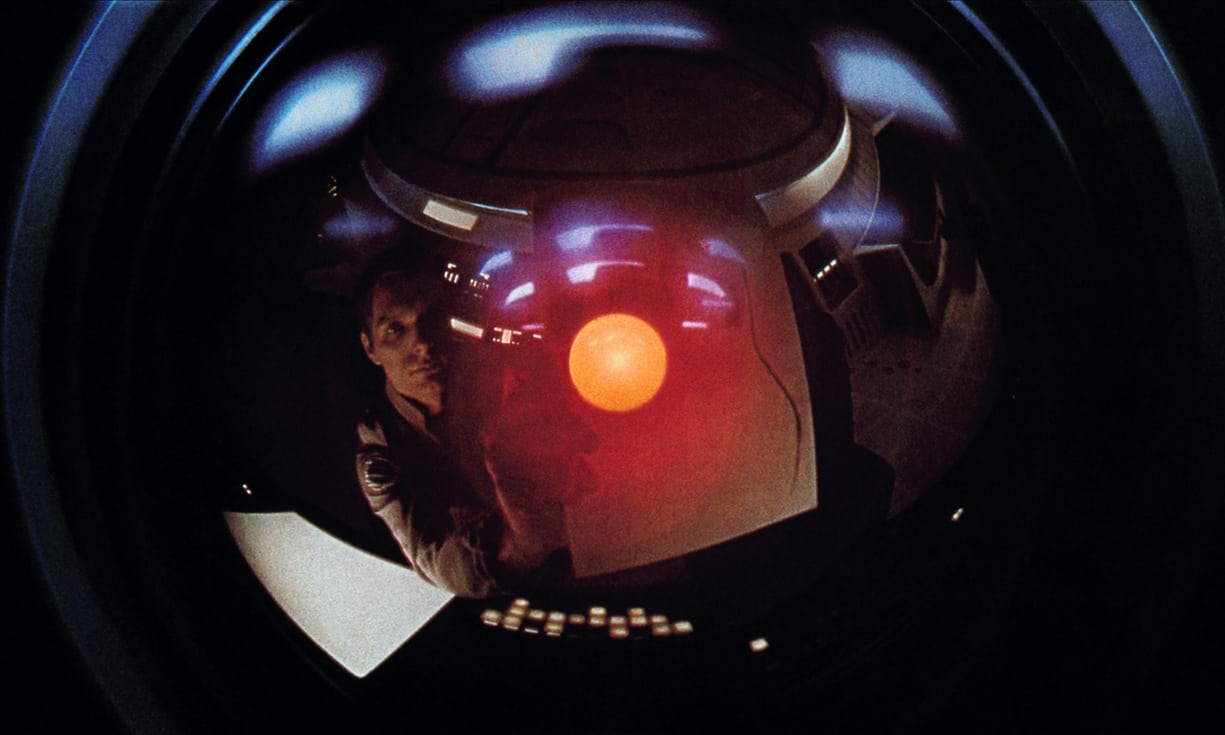Magical thinking about machine learning will not bring the appearance of real AI
- Transfer

"Any sufficiently developed technology," wrote the gray cardinal of science fiction Arthur Clark, "is indistinguishable from magic." This quote, which technology fans are tirelessly citing, has perhaps become the most disruptive statement Clark made of all, because she encourages our hypnotic amazement at technology and turns off critical thinking. Because when it comes to "magic", it is by definition something inexplicable. It makes no sense to ask questions about it; just accept it as it is, relax and mute distrust.
Now the most magical thinkingattracts artificial intelligence (AI). Enthusiasts describe it as if it were the most important invention since the time of the wheel. Pessimists see it as an existential threat to humanity: the first “super-intelligent” machine that we will create will be the beginning of the end of humanity; the only question is whether cars will keep us as pets.
In both cases, the inverse relationship between the strength of people's conviction in the capabilities of AI and their knowledge about this technology is visible. Experts are cautiously optimistic, and ardent supporters are blissfully unaware that the AI they exalt is in reality a rather mundane combination of machine learning (MO) and big data.
Machine learning uses statistical techniques to empower machines to “learn” —that is, use data to continually improve a specific task without the need for prior programming. The MI system is a bunch of algorithms that take a stream of data at the input and produce the output of a link, correlations, recommendations, and probably even solutions. This technology is already used everywhere: almost any of our interaction with Google, Amazon, Facebook, Netflix, Spotify, and so on, is mediated by MI systems. It got to the point that one of the outstanding gurus of the AI, Andrew Eun , compares the MO with electricity.
To many company directors, a machine that can learn more about their customers than they themselves can ever seem magical. Imagine the moment when Walmart discovered that among all the things that consumers in the US had stocked up after the hurricane warning , besides the usual set, were Pop Pops beer and strawberry cookies . And, inevitably, the enthusiasm of corporations about the magical technology soon went beyond the purchase of supermarkets and passed on to the government. MO quickly penetrated the predictions of busy roads, predictive maintenance of law and order(MO helps to mark areas where crimes are “most likely” to occur), decisions about parole, and so on. Among the justifications for this insane growth are increased efficiency, improved control over compliance with the law, more “objective” decision-making, and, naturally, more responsive utilities.
This gradual shift in focus did not go unnoticed. Critics point out that the old computer aphorism “garbage at the entrance, garbage at the exit” applies to the MO. If the data on which the machine “learns” will be biased, then its output will reflect this bias . This can be generalized; Perhaps, we have created a technology that - even if it copes well with the recommendations of what movie you watch - can turn into a factorincreasing social, economic and cultural inequalities.
With all this sociopolitical criticism of the MoD, no one questioned the technological efficiency of the idea itself - that is, it was believed that any wrong decisions it gives depend solely on the weaknesses in the input data. But now this soothing assumption turns out to be quite controversial. At the recent conference of the NIPS (neural information processing system) - a large annual meeting of experts on MO - Ali Rahimi, one of the recognized stars of this field, threw an intellectual grenade at the audience. In a remarkable lecture, he compared the MO to medieval alchemy. Both fields of knowledge turned out to be workers, up to a certain level - the alchemists invented metallurgy and the manufacture of glass; MO researchers have created machines capable of defeating people in go and defining objects from a picture. But also, as alchemy lacked the scientific basis, so is the MO, according to Rahimi. He argues that researchers often cannot explain the principles of the operation of their mathematical models - they do not have a clear and detailed understanding of their tools, and in this sense they work as alchemists, not scientists.
Does it matter? Definitely yes. As Rahimi says: “We create systems that manage healthcare and serve as mediators in civil matters. We will influence the election. I would like to live in a society whose systems are built on verifiable, rigorous, comprehensive knowledge, and not on alchemy. ”
Me too. On the basis of electricity, we have created what we like to call civilization. But at least we understood why and how it works. If Rahimi is right, then in the case of AI we have not come close to this yet. So let's stop thinking about it magically.
